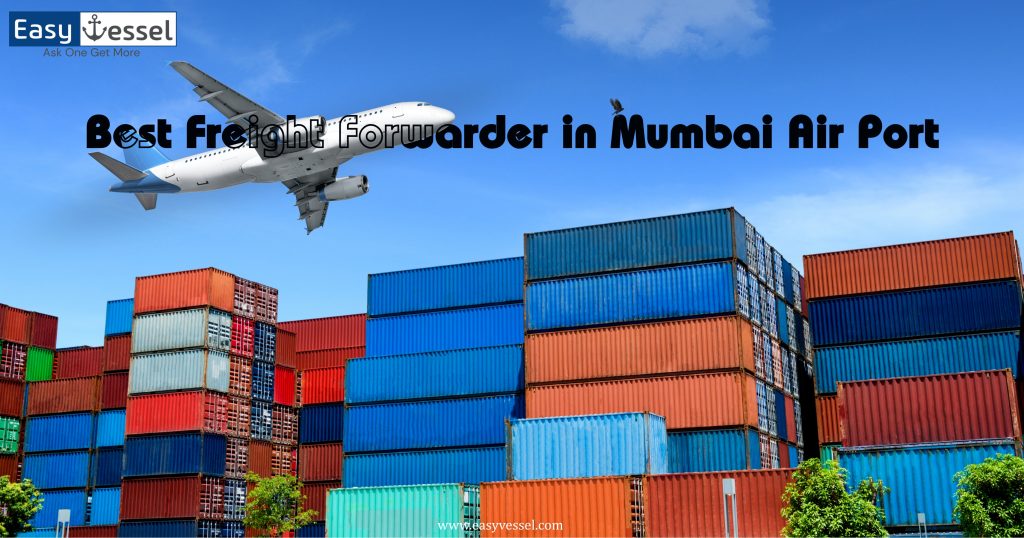What is Logistic Business:
- A logistic business manages the movement and handling of goods, services, and information.
- It covers various activities like transportation, warehousing, inventory, supply chain management, and distribution.
- The main aim is to efficiently deliver products from their starting point to the final destination, ensuring timeliness, cost-effectiveness, and reliability.
- This involves overseeing transportation, storage, and handling goods while optimizing processes to meet customer needs and market demands.
- Additionally, logistics businesses are crucial in ensuring a smooth flow of goods through the supply chain, greatly contributing to the success of different industries and businesses.
8 Ways to Grow Your Logistic Business:
Here are 8 simple ways to grow your logistics business:
Diversify Services:
- Diversifying services” in the context of a logistic business means expanding beyond just transportation.
- This includes offering additional services like warehousing, inventory management, or providing supply chain solutions.
- It’s about increasing the range of services to provide a wider variety of client needs and requirements in the logistics industry.
Invest in Technology:
- Investing in technology for a logistic business means getting and using advanced tools, software, and systems to make operations smoother, track shipments efficiently, and improve overall performance.
- It’s about using modern solutions to better manage and handle the movement of goods, enhancing efficiency and accuracy in logistics.
Customer-Centric Approach:
- Customer-centric approach in the context of logistics means focusing the business operations and strategies on meeting and exceeding customer needs.
- This process involves tailoring services, communication, and solutions directly to fulfill the unique requirements of clients, consequently ensuring their satisfaction and building long-term relationships.
Network Expansion:
- Network expansion for logistics means broadening the connections and partnerships with various industry players like carriers, suppliers, and distributors.
- Additionally, it involves building relationships with more organizations to extend the reach and capabilities of a logistics business.
- This allows for increased collaboration and potential growth opportunities.
Enhance Safety Protocols:
-
Furthermore, enhancing safety protocols involves implementing measures to secure shipments and ensure safe transportation, fostering trust, and minimizing logistical risks.
Sustainability Practices:
- Furthermore, implementing eco-friendly initiatives in the logistics industry involves incorporating practices like utilizing efficient routes and employing green packaging options.
- These measures aim to minimize the environmental impact by reducing the carbon footprints associated with transportation and distribution processes.
Market Research:
- In order to adapt to the ever-changing logistics industry, a comprehensive understanding of market trends, client demands, and competitor strategies is essential.
- Market research is pivotal for growth as it aids in comprehending customer needs, and industry trends, and refining services to meet market demands.
- Moreover, This insight into customer locations and preferences enables informed decision-making and strategic planning.
Talent Development:
-
Training your staff well and fostering a positive work environment helps create a skilled and motivated team leading to better performance and job satisfaction in your logistics business.
Global Expansion:
-
Expanding your business internationally opens up new opportunities, allowing you to access global markets and serve a wider customer base.
Continuous Improvement:
- Moreover, Embrace a culture of constant innovation and adaptability, consistently seeking ways to enhance services and remain competitive in the market.
- Continuous improvement is essential for the growth and success of any logistics business.
- The logistics industry is dynamic, with constantly changing customer demands, technological advancements, and market conditions.
Summary:
In summary, Expand your logistic business by diversifying services, leveraging technology, focusing on customers, broadening networks, ensuring safety, embracing sustainability, conducting market research, developing talent, going global, and fostering continuous improvement.
Conclusion:
Expanding your logistic business entails diversifying services, prioritizing customers, embracing technology, ensuring safety, and staying adaptive through market research, global reach, talent development, and continuous improvement for growth and success.
Easyvesel is the best way to connect importers and exporters with multiple freight forwarders to get freight rates in multiple shipping lines with 0% commission.
Save time and money at easyvessel.
References:
Frequently Asked Questions
To grow your logistics business, focus on expanding your service offerings, improving operational efficiency, investing in technology, building strong relationships, and exploring new markets or partnerships for increased opportunities.
6 key areas to enhance logistics management:
Careful planning
Improved management practices
Effective inventory and stock management
Total and open communication
Route management
Automate, improve and integrate logistics processes
Logistics businesses can make money because there’s a big need for smooth supply chain solutions. To succeed, you’ve got to handle costs well, offer good prices, and use technology smartly. Using fancy tech for tracking, planning routes, and managing stock helps you work better and spend less. Also, it’s key to build solid connections with trustworthy carriers and talk openly with customers. Basically, if you run your logistics business well, using modern tools and planning smartly, you can make good money in the ever-changing market.



